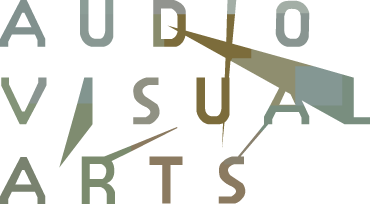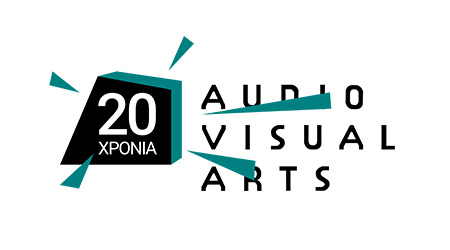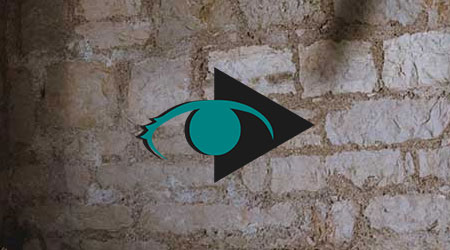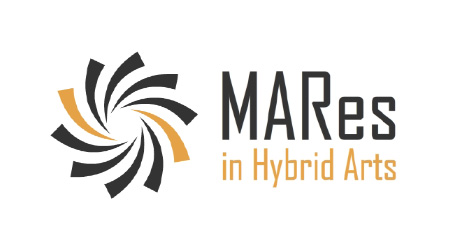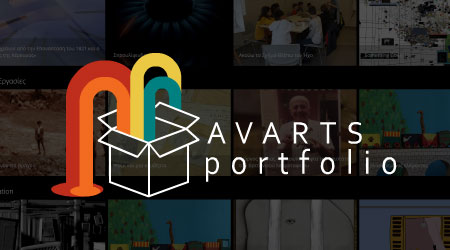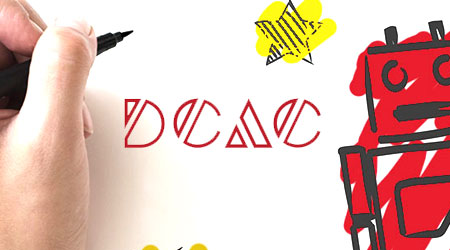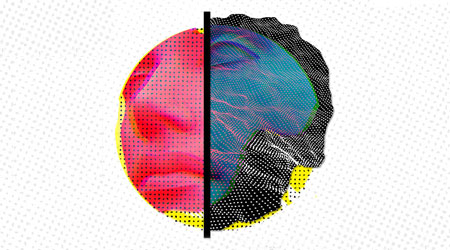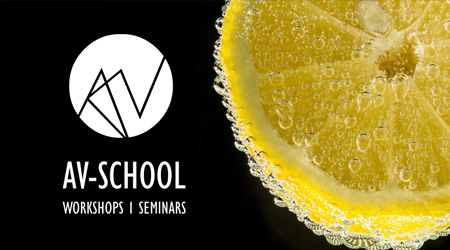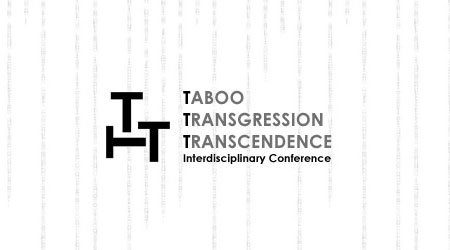COURSES & EXAMS SCHEDULEScontact: av-orologio@ionio.gr
Audiovisual Arts in the Digital Ageavarts.ionio.gr/ada
AVARTS Portfolioportfolio.avarts.ionio.gr
Secretariat Online Servicesdias.ionio.gr
New Students Information Guide/new-students-information-guide
Erasmus +students/erasmus
Career Officecareer.cie.ionio.gr
Ionian University Webmailwebmail.ionio.gr
Event Calendarnews/calendar
Eudoxuseudoxus.gr
Free Network Servicesgrnet.gr


| << | < | January 2026 |
> | >> | ||
| Mo | Tu | We | Th | Fr | Sa | Su |
1 |
2 |
3 |
4 |
|||
5 |
6 |
7 |
8 |
9 |
10 |
11 |
12 |
13 |
14 |
15 |
16 |
17 |
18 |
19 |
20 |
21 |
22 |
23 |
24 |
25 |
26 |
27 |
28 |
29 |
30 |
31 |
|
Today,
Tuesday 06-01-2026
No results found for that day
Coming Soon
8th International Conference Digital Culture & AudioVisual Challenges (DCAC-2026), 8-9/05/2026 - Extended submission deadline: 10/01/2026
Important Date: 10-01-2026
[Forthcoming]
